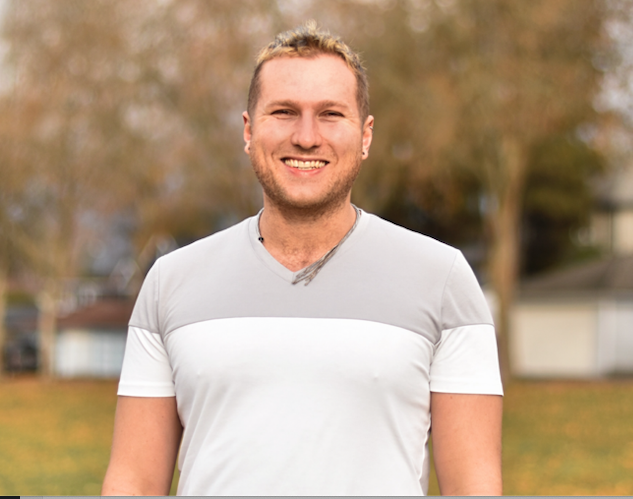Centering Two-Spirit (2S) and Indigenous experiences and ways is critical for more respectful, reciprocal, relevant, and responsible sexual health research with gay, bisexual, and other men who have sex with men (gbMSM). UBC Sociology PhD candidate Ryan Stillwagon and the Two-Spirit Dry Lab, a collaborative initiative of Indigenous and settler researchers, conducted a study to explore drivers of sexual health knowledge among 2S and other Indigenous gbMSM communities across Canada.


PhD candidate Ryan Stillwagon
The research used data from the 2015 Canadian Sex Now online survey. Their models balanced Indigenous ways of knowing with western epidemiology, applying mitakuye oyasin (i.e., everything is related)—a Sioux teaching—alongside linear regression (i.e., certain relationships enable certain outcomes), to examine drivers of sexual health knowledge (a 6-point scale), comparing 2S and other Indigenous gbMSM. They also examined differences between those living in urban settings versus those living in non-urban ones.
They found that income and education were correlated, as were having a gay peer network, living in an urban setting, social support, and education. Income, education, gay peer network, and social support were associated with greater sexual health knowledge, as was younger age. In stratified analyses, living in an urban setting had a large and statistically significant association with sexual health knowledge for 2S men but not for other Indigenous men.
The study conducted by the 2S Dry Lab emphasizes the need to work with 2S and other Indigenous gbMSM to improve sexual health knowledge, focusing in particular on those with lower levels of income or educational attainment –who are less connected to gay peer networks –and older men.


